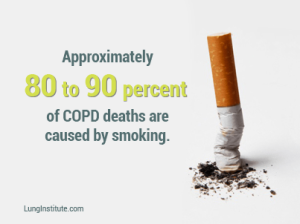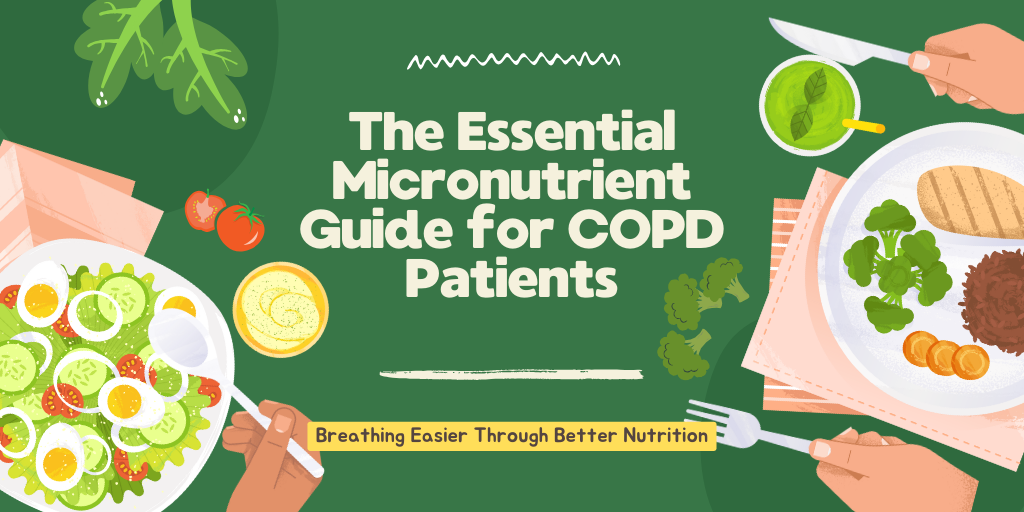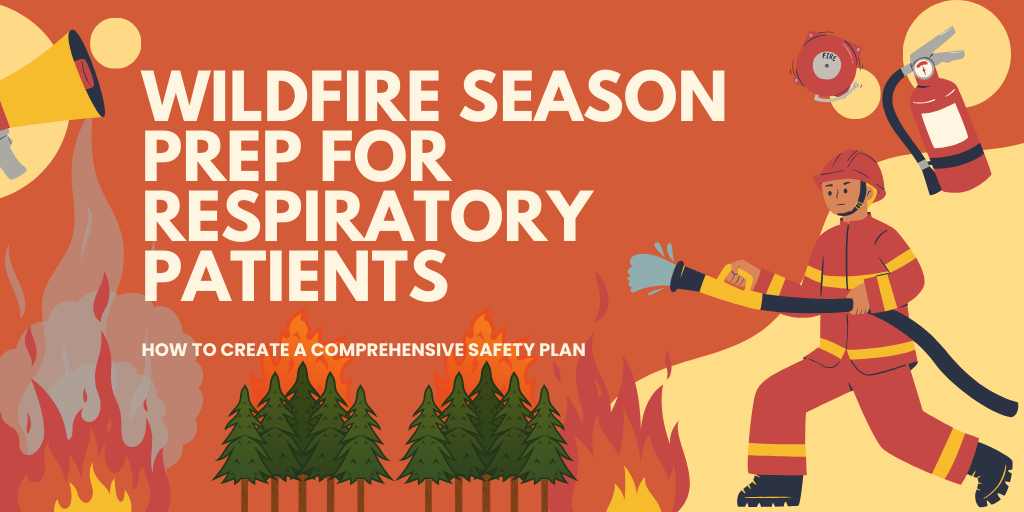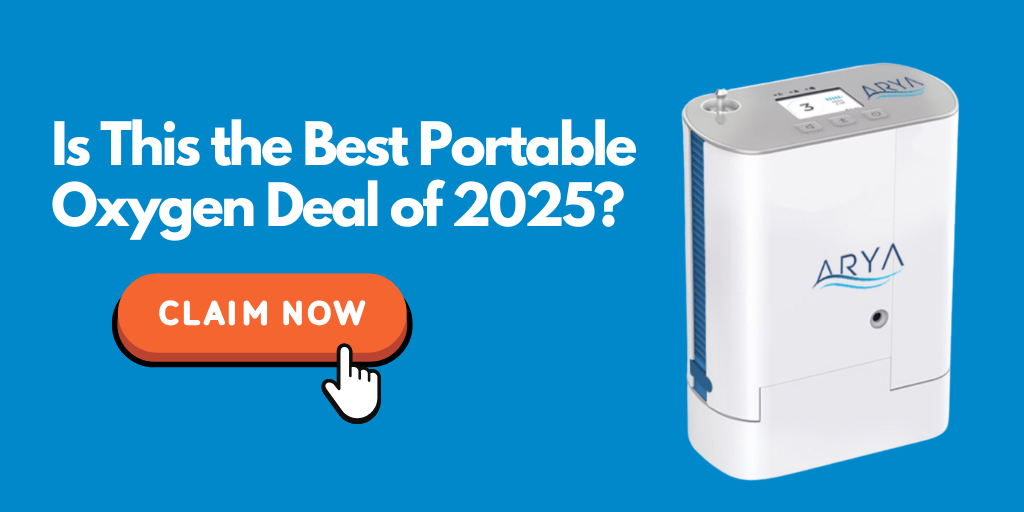The 3 most common risk factors associated with COPD:
- Cigarette Use: Approximately 80% of deaths from COPD are attributed to smoking. COPD mainly occurs in patients that are age 40 and over who were once or currently are smokers. Studies have also begun to show that women are actually at a higher risk for developing COPD than men. and women smokers are nearly 13 times more likely to die from COPD compared to women who are not smokers. Whereas male smokers are nearly 12 times more likely to die from COPD, compared to male non-smokers. If you keep smoking with COPD then the disease will progress a lot quicker than if you were to quit smoking.
- Genetically: COPD can be developed even if a patient wasn't excessively exposed to harmful occupational hazards, as well as in patients who never smoked. This is known as Alpha-1 Antitrypsin Deficiency, which is a genetic condition that leaves patients to develop COPD and all the felt symptoms. However this is a rare happening, but this can happen even to patients who were never tobacco consumers. Symptoms of Alpha-1 include breathlessness, and decreased exercise capacity with symptoms in smokers beginning on average between the ages of 32-41.
- Environmental Pollutants: Long term exposure to harmful environmental pollutants such as dust, and chemical fumes can lead to the development of COPD. In fact nearly 1 out of 6 patients diagnosed with COPD have never smoked. Excessive exposure to second hand smoke can also lead to the development of this progressive lung disease.
If any of the 3 factors apply to you and you believe you at a higher risk for COPD here are some ways to curb further respiratory damage:
- Avoid Environmental Pollutants: Exposure to harmful dust and other environmental pollution will irritate your lungs, making it harder for you to breathe. Pay attention to the weather and avoid going outside during days with a high pollution or allergy rating. Make your home a smoke free environment. Ask guests to not smoke in your home and while you are out and about stay clear of any smokers or smoking areas. This will drastically decrease your exposure to harmful lung irritants.
- Quit Smoking Today: Smoking is the number one cause for COPD, so putting down that cancer stick can have tremendous beneficial factors for your overall lung health.
- Get Regular Flu Vaccinations: COPD patients have a higher risk of contracting the flu and developing pneumonia compared to non-COPD patients. Getting a regular flu vaccination will provide your immune system with the tools to fight off these harmful infections, because contracting either one of these in any stage of COPD will have nothing but negative affects.
- Schedule Regular Doctor Visits: Scheduling regular doctors visits is nothing but a preventative measure, and can provide a head start on treatment if a new infection has developed. If you are having a difficulty time quitting smoking then your doctor can develop a treatment plan that will work for you.
COPD does not mean you can no longer garden, travel, catch a movie, or any other activity you enjoy, but instead means you have to live a healthier lifestyle aimed at reducing further damage to your lungs.
With the help of a portable oxygen concentrator you will be properly saturated while still being able to enjoy the freedoms you once had before COPD!
+Caleb Umstead









